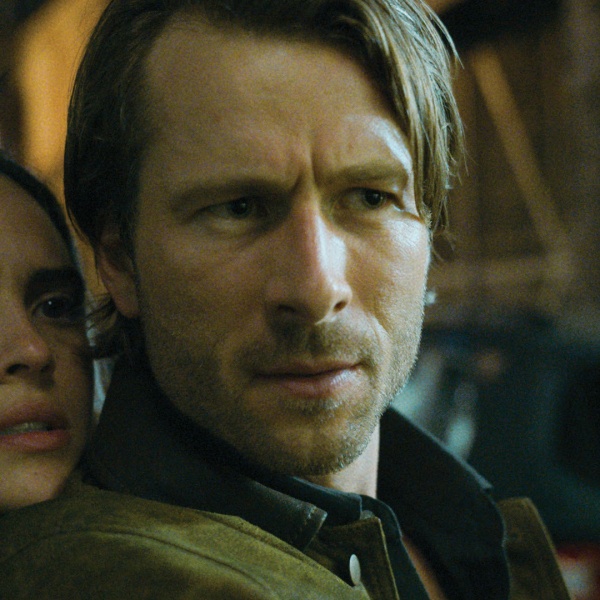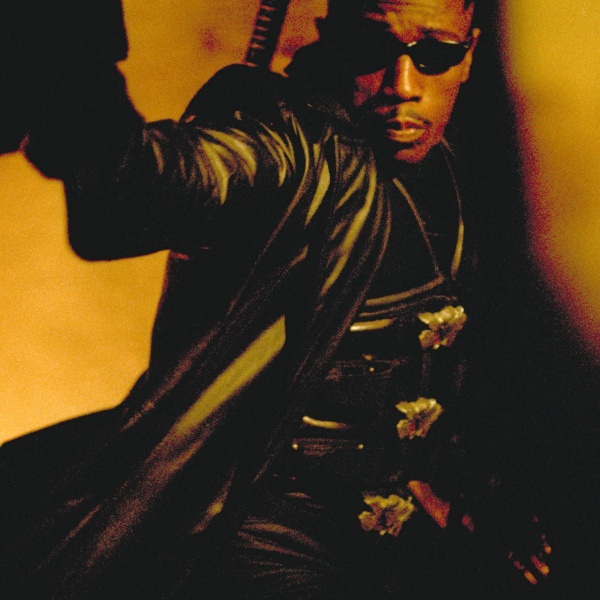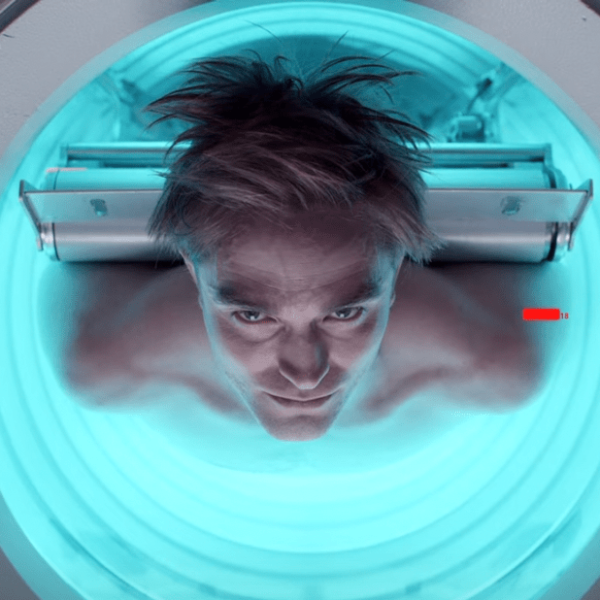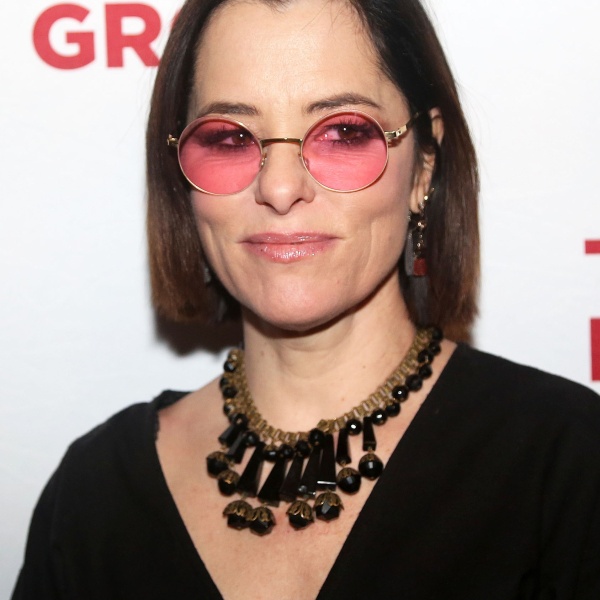Pull out your copy of the latest septic tank health and safety regulations, because Ryusuke Hamaguchi‘s masterfully unsettling and thought-provoking triumph “Evil Does Not Exist” will soon be streaming at home.
The Criterion Channel will exclusively premiere “Evil Does Not Exist” in a live streaming event this Sunday September 22 at 8:00 p.m. ET/5:00 p.m. ET. Then the film will live on the Criterion Channel as its exclusive streaming home starting October 1.
This is the latest of several live streaming events the Criterion Channel has hosted, with previous ones including Janus Films’ pickup “Ryuichi Sakamoto: Opus,” directed by Neo Sora, and Sideshow and Janus’s “The Beast,” directed by Bertrand Bonello. The live streams are a novel way of making a film’s streaming premiere an event unto itself and is one of several innovations the Criterion Channel has rolled out over the past year, such as their Criterion 24/7 programmed linear channel within the app.
This feels like a particularly apt way to give “Evil Does Not Exist” its due. The 2023 Venice premiere was one of the Biennale’s most acclaimed films that year — it won the Grand Jury Prize — but Hamaguchi had self-consciously made a less “art with a capital A” film, so to speak, this time around after the Oscar-storming success of “Drive My Car.” That film had four nominations going into the March 2022 ceremony (including for Best Picture, Director, and Adapted Screenplay), and won Best International Feature. Hamaguchi told IndieWire’s Ryan Lattanzio upon the theatrical release of “Evil Does Not Exist” by Sideshow and Janus in April of this year that he found the Oscar campaigning for that film “exhausting.”
“I knew that I wanted my next work to be very different and that somehow it was going to be important for me,” he said, before elaborating on how “Evil Does Not Exist” drew some inspiration from the films of Douglas Sirk. If “Drive My Car” was Manny Farber’s “white elephant art,” then “Evil Does Not Exist” is his “termite art.”
“Evil Does Not Exist” starts with a long, unbroken take of somebody on a farm near the woods slowly cutting logs with a power saw. It lingers long enough that you think perhaps you’re in for a horror film. But a genre film does not await, though one with aspects perhaps as sinister as that woodsman first appears to be: In a small rural community in northern Japan, one only settled after World War II, the residents are living a perfectly peaceful, quiet life. Then, two representatives of a “glamping” company — a high-end camping outfit that caters to the every whim of urban dwellers wanting to experience nature without roughing it — descend on the town to walk everyone through the proposal for turning the area into a tourist destination. The town meeting goes poorly. Several residents insist on digging deeper into the specs for a septic tank that would be on the property — could it drain into their drinking water? Very possibly.
This extended scene of the town meeting, and the particularly insistent point about the septic tank, drew laughs at its screenings in both Venice and at last year’s New York Film Festival, which leads to an interesting train of thought. Is it that the viewers who laugh are realizing they wouldn’t be as smart as these rural denizens — the kind of quiet lives so often overlooked in cinema — in asking these clueless “glamping” reps some very important questions? And that they know they’d then be screwed in this situation? Of course, the townspeople might still be. Evil can take very different forms.
The way that Hamaguchi interrogates the audience in this way, as well as his mining of drama from all sides of this scenario (one of the “glamping” reps has a kind of existential crisis) is masterful miniature portraiture.
And now Criterion Channel subscribers get to welcome it into their own homes.





